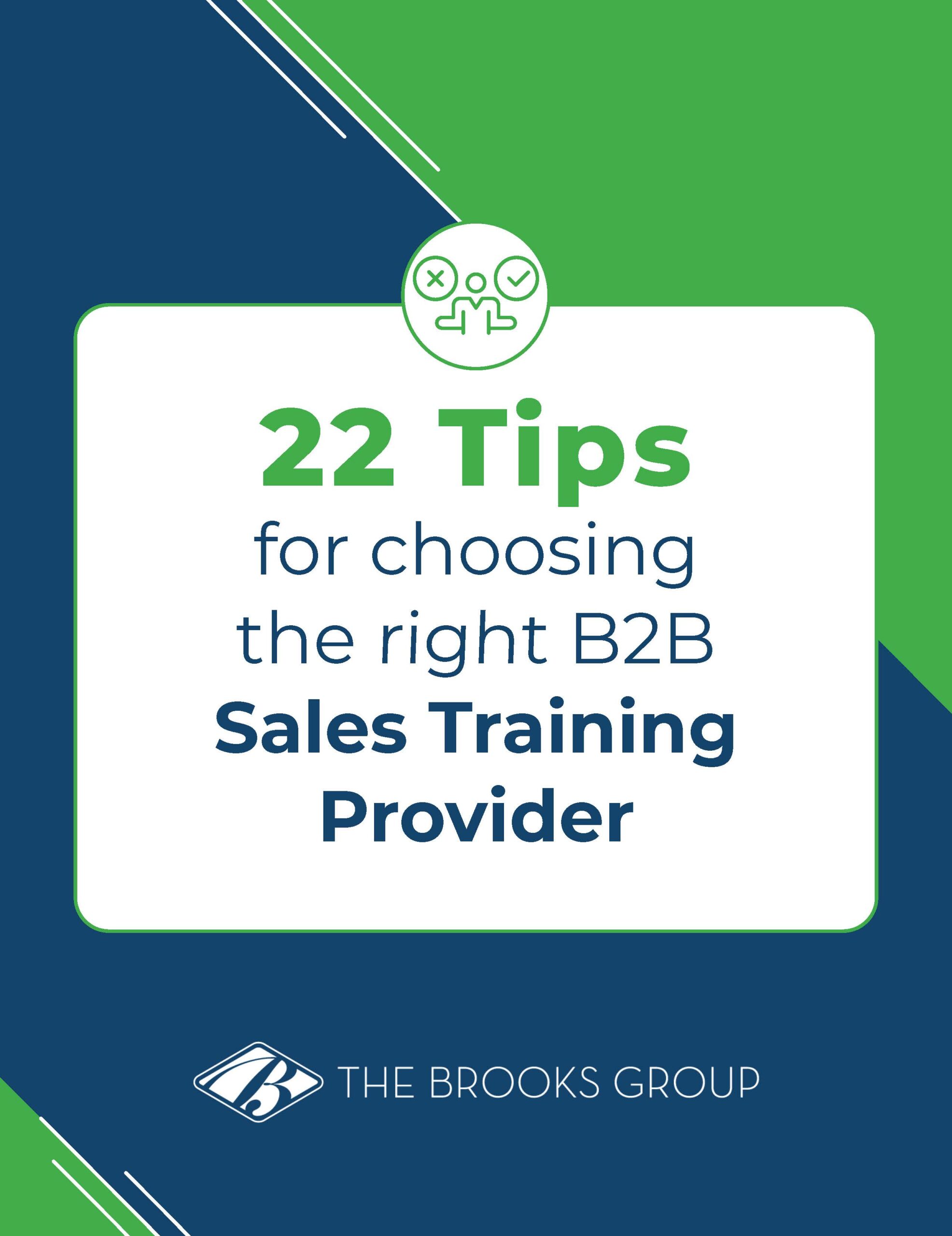A sales career can be exhilarating and rewarding—offering the potential for high earnings, flexible schedules, and the chance to work directly with a diverse range of customers. However, it also comes with its fair share of challenges, from the pressure of constant target-setting to the emotional toll of frequent rejection.
As you consider whether a sales career is the right fit for you, it’s crucial to understand both the upsides and the downsides. This blog post takes a deep dive into the key benefits and drawbacks of the sales profession to help you make an informed decision.
On the positive side, a career in sales can provide unparalleled earning potential, the freedom to control your own destiny, and the opportunity to hone a diverse skillset that is valued across industries. The dynamic nature of the work and the chance to build meaningful relationships with customers can also be highly fulfilling.
At the same time, sales roles often come with demanding expectations, unpredictable schedules, and the constant pressure to find new leads and opportunities. The emotional toll of rejection and the risk of an unstable income stream are also factors to carefully consider.
Whether you’re just starting to explore sales as a potential career path or you’re a seasoned professional looking to weigh your options, this guide will equip you with the insights you need to navigate the pros and cons of a sales-focused future.
Benefits of a Sales Career
Here’s a look at the benefits of a career in sales:
1. Flexible Schedule
Sales roles often offer a high degree of flexibility in terms of work schedule, location, and daily activities. Many sales jobs allow for remote work or flexible hours, giving you more control over your time.
2. High Income Potential
In sales, your earning potential is often tied directly to your performance. The more you sell, the more you can earn through commissions, bonuses, and incentives. This can lead to a compensation structure that has no hard ceiling on income.
3. Long-Term Relationships
There’s immense value in cultivating long-term relationships with your customers. Investing time and effort into developing meaningful connections is enjoyable for those who thrive on building relationships and helping others solve problems.
4. Daily Variety
As a sales professional, you’ll have the chance to interact with a diverse range of prospects and customers—expanding your network and exposing you to new perspectives.
5. Career Control
In sales, your success is largely dependent on your own efforts and abilities. This can be empowering, as you have more control over your career progression compared to more rigid corporate structures.
6. Transferrable Skills
The skills developed in sales—such as communication, negotiation, problem-solving, and time management—are highly valued across many industries, making sales experience a valuable asset.
7. Professional Opportunities
Sales roles exist in virtually every industry, from technology and healthcare to retail and finance. This provides ample opportunity to find a sales position that aligns with your interests and expertise.
8. Unexpected Moments
While customers can sometimes present challenges, the dynamic nature of sales can lead to engaging, memorable, and even humorous interactions that keep the job interesting.
Overall, a career in sales can offer a rewarding and dynamic professional path, with the potential for personal and financial growth. However, it’s important to note that sales also comes with its own set of challenges, such as high pressure, rejection, and the need for persistence and resilience.
Downsides of a Sales Career
Here’s a look at the potential disadvantages of a career in sales:
1. Irregular Income
While the potential for high earnings is a benefit, sales can also come with irregular or unstable income. Commission-based pay and fluctuations in sales volume can make it challenging to predict your monthly or annual income.
2. Demanding Expectations
Sales roles often come with high performance expectations, requiring you to consistently meet or exceed sales targets and quotas. This can lead to intense pressure and stress to deliver results.
3. Unpredictable Schedule
The nature of sales work can involve irregular hours, frequent travel, and the need to be available outside of traditional work hours to accommodate customer needs. This can make it difficult to maintain a healthy work-life balance.
4. Constant Pressure
In sales, there is often a continuous need to identify and pursue new sales leads and opportunities. This can create a sense of constant hustle and pressure to continuously expand your customer base.
5. Moving from “Hero to Zero”
Sales can be a volatile field, where one month you may be a top performer, and the next month you may struggle to meet your targets. This can lead to a feeling of instability and the risk of going from “hero to zero” in the eyes of your employer.
6. Rejection
Sales professionals often face rejection and criticism from potential customers. This can be emotionally challenging, and overcoming it requires a thick skin and resilience.
7. Limited Job Security
Depending on the organization or industry, sales roles may have a higher turnover rate compared to other functions. This can make long-term job security more tenuous, as your performance is often directly tied to your continued employment.
It’s important to weigh these potential drawbacks against the benefits of a sales career and to consider your own skills, personality, and preferences to determine if a sales role is the right fit for you.
How Sales Training Can Unlock a More Fulfilling Sales Career
While a career in sales can offer remarkable benefits, such as the potential for uncapped earnings and the satisfaction of helping customers, it also presents unique challenges. Navigating the high-pressure environment, constant rejection, and unpredictable income stream can be daunting for even the most talented individuals.
However, the right sales training can be a game-changer—transforming sales from a demanding grind into a truly rewarding profession. By developing essential skills and techniques, sales professionals can gain the confidence and competence to excel in their roles.
Through customized or open-enrollment training programs, aspiring and experienced sales representatives can learn how to effectively qualify leads, craft compelling pitches, handle objections, and close deals. These skill-building exercises not only boost individual performance but also provide a sense of structure and control over the sales process.
When you have a defined sales methodology at your fingertips, you’re no longer at the mercy of chance encounters and sporadic opportunities. Instead, you can proactively manage your pipeline, forecast your income, and take charge of your daily activities. This level of predictability and autonomy can be tremendously empowering, leading to a more rewarding and satisfying career.
Sales professionals who use a consultative selling strategy gain a deeper understanding of customers’ pain points, goals, and decision-making processes and foster long-term relationships. This insight allows you to tailor your offerings and provide even more personalized and profitable solutions.
Furthermore, mastering the art of sales through training equips you with a versatile skillset that is highly valued across industries. Communicating persuasively, negotiating effectively, and solving complex problems are all invaluable abilities that can open doors to new and exciting career prospects.
Whether you’re just starting out in sales or you’re looking to take your career to new heights, investing in comprehensive training can be the key to unlocking a more fulfilling and successful future. By honing your skills and adopting a strategic, process-driven approach, you can transform sales from a high-stress grind into a genuinely rewarding and enriching profession.
Learn More
Learn how customized team training and individual sales training can help improve sales performance.
White Paper Download
22 Tips for Choosing the Right B2B Sales Training Provider
Choosing a sales training provider is one of the most important business decisions you’ll ever make. But with so many confusing choices, finding the right partner can be overwhelming. Before you proceed further in your search, take a look at this valuable information should help remove the uncertainty and give you greater confidence in your decision.





